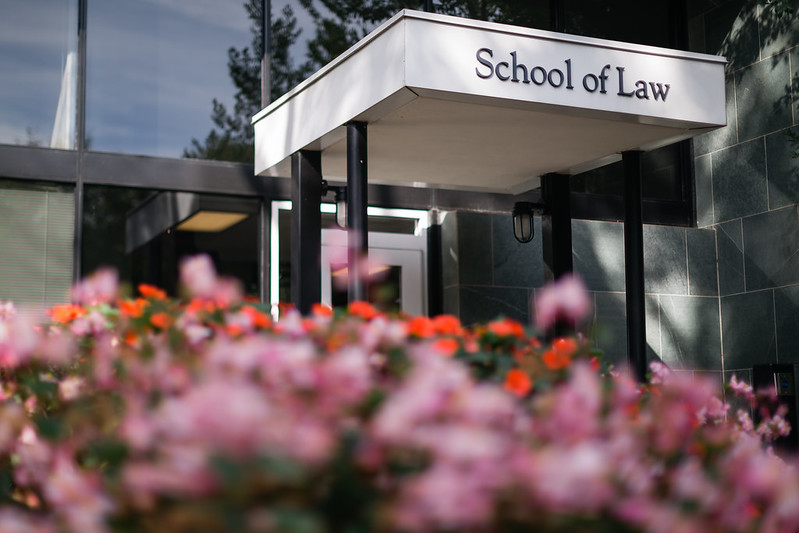
KMCL gift to Emory Law will increase diversity among environmental lawyers
KMCL-gift to Emory Law will increase diversity among environmental lawyers

KMCL-gift to Emory Law will increase diversity among environmental lawyers

The American College of Environmental Lawyers (ACOEL) announced April 8 the election of 18 new fellows, including Mark Nevitt, associate professor of law.



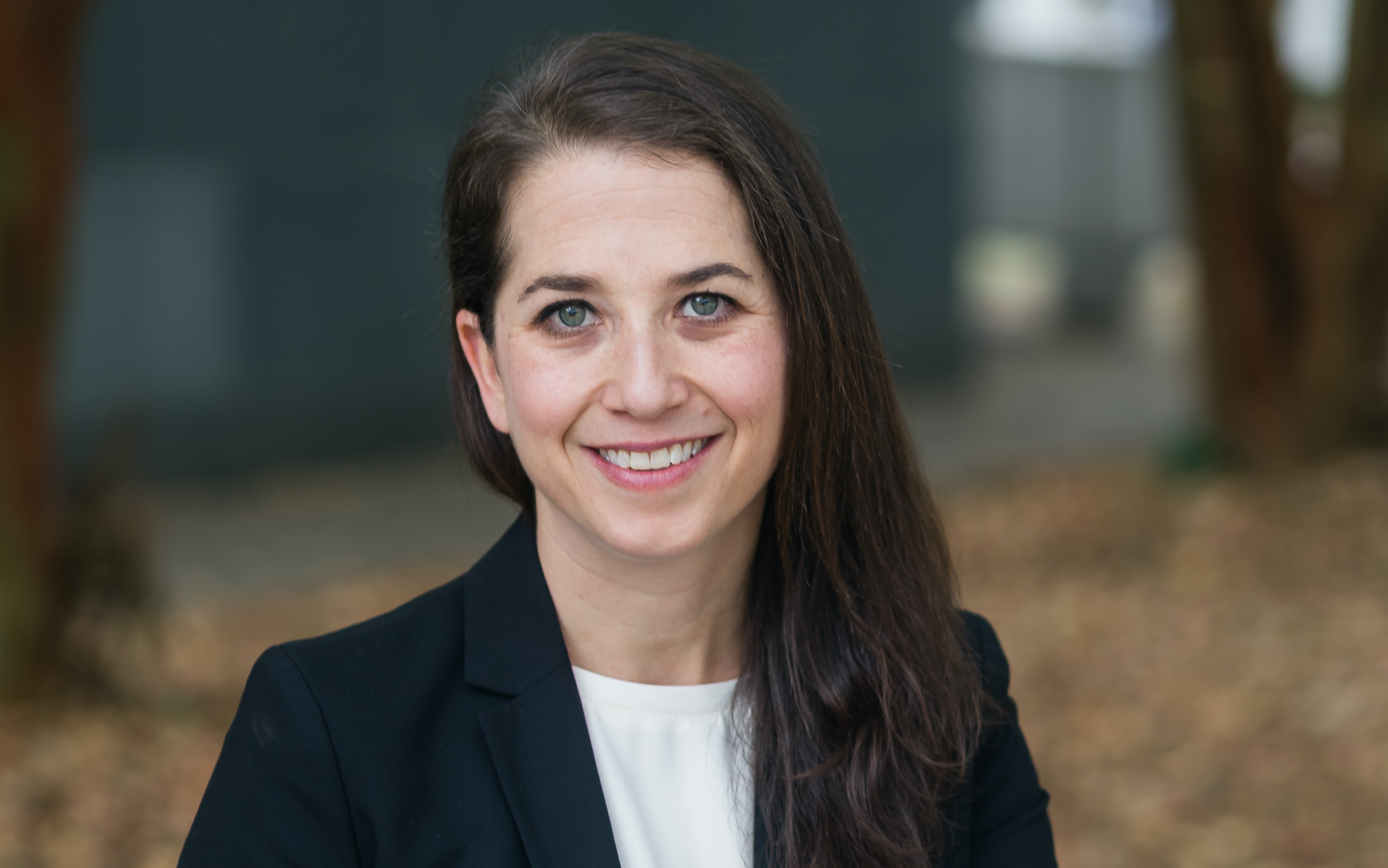
In 1998, the Turner Foundation established Emory Law’s Turner Environmental Law clinic, which recently celebrated 25 years of public service. The clinic's pro bono work focuses clean and sustainable energy; regenerative agriculture and local food systems; natural resource protection; and environmental justice.

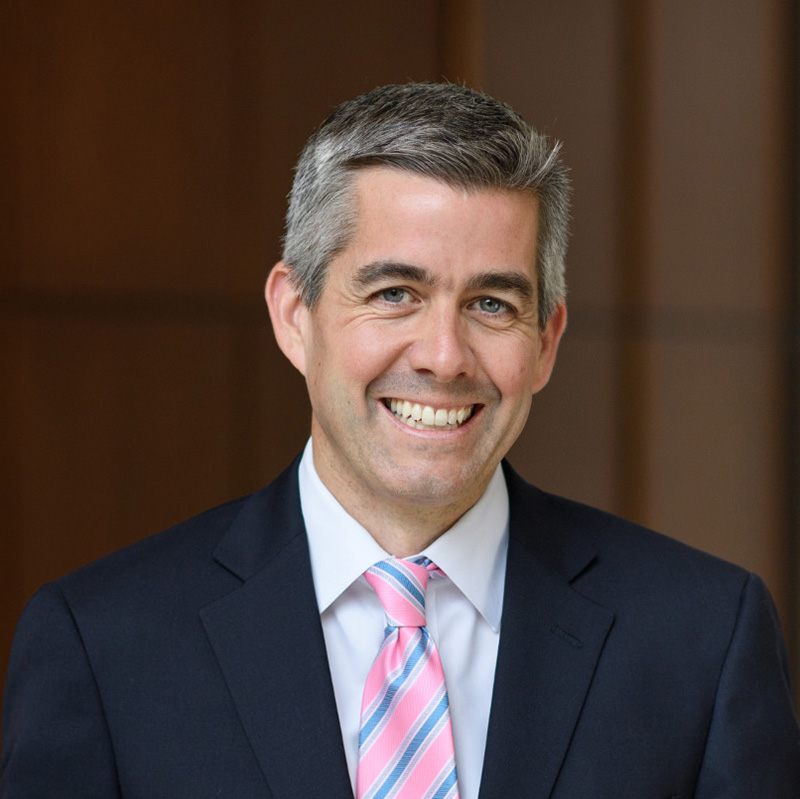
The court’s recent decision in Loper Bright Enterprises has enormous implications for environmental law and prospective climate action. While agencies and courts are digesting the ruling, there are four initial takeaways for environmental law.







In 1983, a first-of-its-kind government study revealed race was the primary factor that determined where hazardous waste winds up in the South—which was predominantly in Black communities.


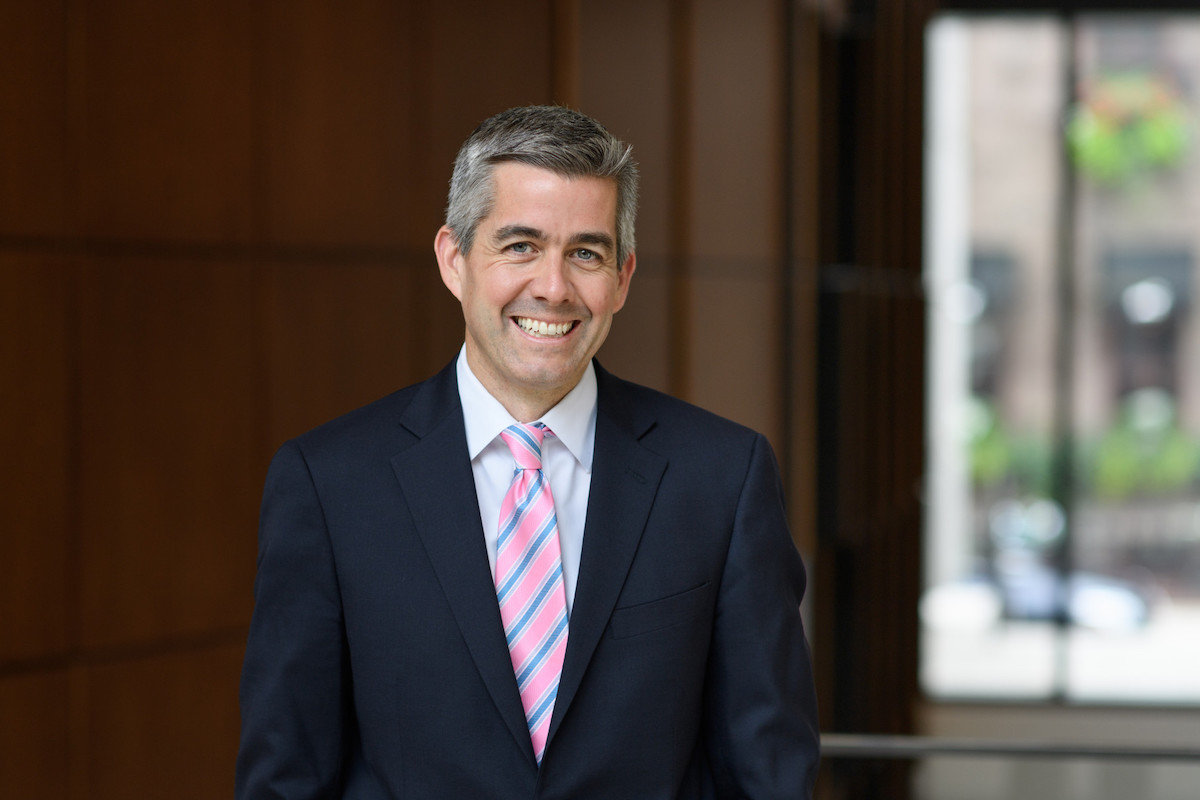
The Supreme Court just issued a significant environmental law ruling in Sackett v. EPA, ruling against the EPA’s authority to regulate certain wetlands under the Federal Clean Water Protection Act. The Court’s holding is a massive disappointment for environmentalists.








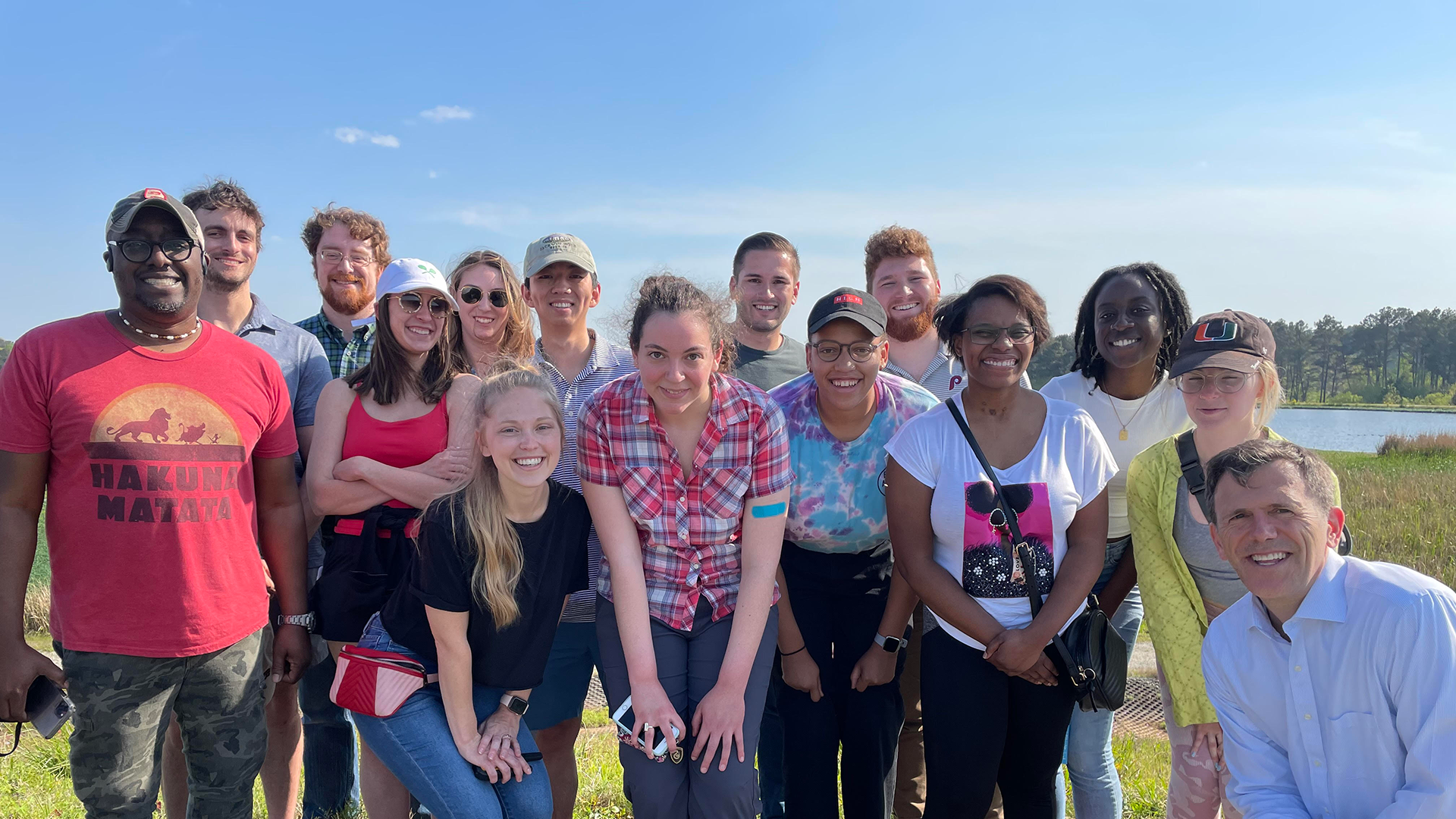
Emory Law’s Environmental and Natural Resources Law program has established a new DEI scholarship and stipend program to promote broader diversity in the practice of environmental law.







Professor Mark Nevitt will join the Emory University School of Law as associate professor of law, starting June 1.

An appeal filed in the D.C. Court of Appeals argues the Nuclear Regulatory Commission's licensing of a proposed New Mexico facility would violate federal law, Energywire reports. It flouts the Nuclear Waste Policy Act and the Administrative Procedure Act due to the facility's potential reliance on the Department of Energy as its main customer. "This NRC decision flagrantly violates the federal Administrative Procedure Act, which prohibits an agency from acting contrary to the law as issued by Congress and signed by the president," said Turner Environmental Law Clinic Director Mindy Goldstein, who also represents Beyond Nuclear.

Mindy Goldstein represents Beyond Nuclear, a group that has challenged the interim storage of nuclear waste at a site in New Mexico. The group filed an appeal in federal court that asks for review of an NRC decision that Goldstein says violates the Nuclear Waste Policy Act. "Agencies have to work with what Congress gave (them)," Goldstein tells the Albuquerque Journal. "We feel NRC is stepping around that requirement. Congress has said that DOE can't own this waste." Goldstein is director of Emory Law's Turner Environmental Law Clinic. (subscription required)

This month, the U.S. Nuclear Regulatory Commission said an application to store "a massive quantity of highly radioactive irradiated nuclear fuel" in southeastern New Mexico violates federal regulations, KRWG reports. But the commission ruled that the unlawful provisions of the license application could be ignored and would not bar approval. Turner Environmental Clinic Director Mindy Goldstein represented Beyond Nuclear, a nonprofit which opposed the application. "The NRC's decision flagrantly violates the federal Administrative Procedure Act," she said, adding the commission lacked a "legal or logical basis for its rationale."

The farm-to-table movement, which provides restaurants with locally grown, high-quality produce generated $12 billion last year for small-scale producers including cheesemakers and vintners. But as restaurants have shuttered during the COVID-19 pandemic, small farms are in trouble. "I was getting calls as soon we went into lockdown," Mindy Goldstein, director of the Turner Environmental Law Center, told the New York Times. "The question is how do we get these folks any form of market."

Earlier this year, Atlanta adopted an ambitious climate change goal: To have all homes, businesses and city operations rely largely on renewable energy by 2035. Also, Atlanta-based Southern Company says it hopes to achieve "low- to-no carbon" emissions by 2050. Individual cities and companies may set goals, but a piecemeal approach to greener practice isn't the most efficient path for a global-scale problem, Mindy Goldstein, director of the Turner Environmental Law Clinic tells WABE. "You're going to, in a perfect world, have global solutions," she said. "That's just not where we are today."

A new solar ordinance, created by Emory Law's Turner Environmental Law Clinic, UGA and Georgia Tech was shaped to fit Georgia's particular needs--from its large commercial timber tracts and farm fields to its delicate coastal ecosystem, Energy News Network reports. It's already been adopted by several cities and counties, and more are expected to follow suit. "All of us did this work pro bono," said Clinic Director Mindy Goldstein, "to ensure the process was both neutral, academically rigorous and without bias."

"Many are shocked to learn Georgia is a top solar producer," Emory Law Professor Mindy Goldstein writes for the AJC. "This year, the Solar Energy Industry Association ranked Georgia 10th in solar nationwide." But siting is important. "Smart solar siting achieves the right balance between encouraging solar development and protecting local community culture and resources," she says. Emory Law, Georgia Tech, and the University of Georgia combined expert sources to create the Georgia Model Solar Zoning Ordinance and accompanying educational guide.

Critics of the nuclear expansion at Plant Vogtle want more information about private meetings they say took place between Georgia Power and state regulators, WABE reports. They say the Georgia Public Service Commission was wrong to give Georgia Power the go-ahead to keep building two nuclear reactors. Turner Environmental Law Clinic Director Mindy Goldstein said a court challenge to a PSC decision is rare, but this one seems valid. "Disagreeing with the Public Service Commission's finding of facts is not enough really to get you into court, but if you claim that they made a legal error, that's enough to get you into court, and that's what we have here," she said.

As solar takes off, Turner Environmental Law Clinic Director Mindy Goldstein wants to ensure that it grows wisely. She's part of a team determining how to do that in Georgia. The goal is to develop a solar zoning ordinance that will help county and city officials balance their communities' solar development with preservation of its culture and native habitats by preventing deforestation and maintaining agricultural spaces.

The Department of Energy has heavily subsidized Georgia Power's nuclear reactors at Plant Vogtle, providing a $3.4 billion-dollar loan to the utility in 2014, in addition to the $1.67 billion it is set to receive in 2018. The two reactors are the only ones being constructed in the U.S., and if completed, would be the first built here in nearly 30 years, Mindy Goldstein, director of the Turner Environmental Law Clinic, writes in an AJC opinion article. "If Georgia Power and its utility partners in Vogtle cannot repay their loans, the federal government will take a loss equal to the amount in default. The subsidy fees are meant to protect taxpayers should default occur. But Georgia Power's zero dollars in down payments means taxpayers are entirely on the hook if the project fails," she writes.

After 40 years of protests, California's San Onofre Nuclear Plant waits to be dismantled. For the activists who fought to close the plant, the victory is bittersweet, says a Bloomberg story. The reactors will disappear, but 1,600 metric tons of radioactive waste remain. A Texas facility has proposed to store as much as 40,000 metric tons of waste, for as long as 40 years. Allowing an interim site "lets the utilities off the hook," making them less inclined to push for a permanent solution, said Mindy Goldstein, director of Emory Law's Turner Environmental Law Clinic.

Another wrinkle in the case is drought conditions in 53 Georgia counties, including all of Atlanta. "The fix isn't going to be simple," said Mindy Goldstein, director of Emory Law's Turner Environmental Law Clinic. She's working with Georgia and Alabama environmental groups to weigh in on the case. "It's not just one group or one area or one thing that needs to be fixed. The fix is going to be hard and it's going to be complicated."

Earlier this week, the Atlanta City Council passed the urban agriculture zoning ordinance.